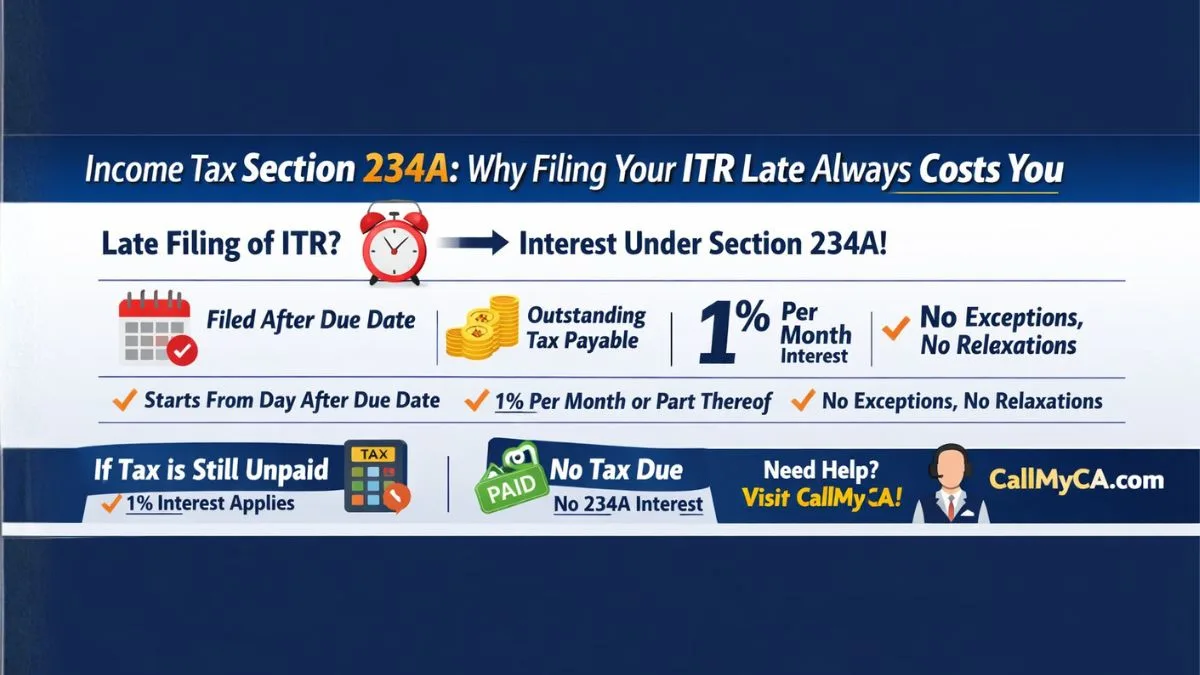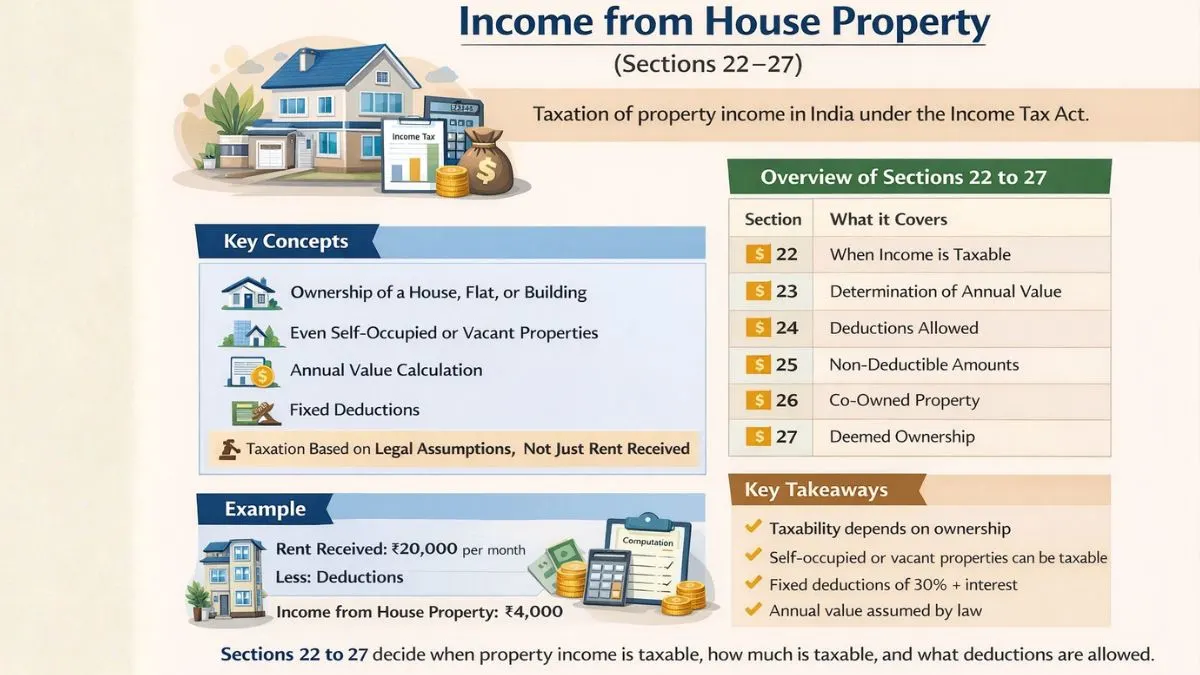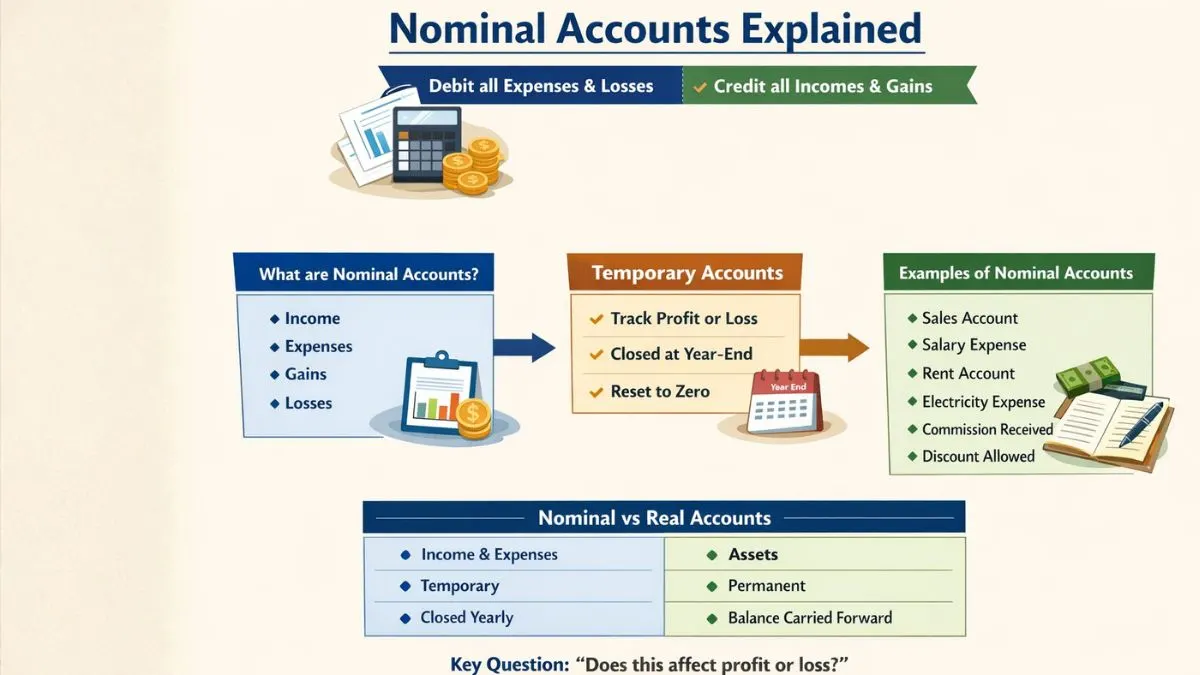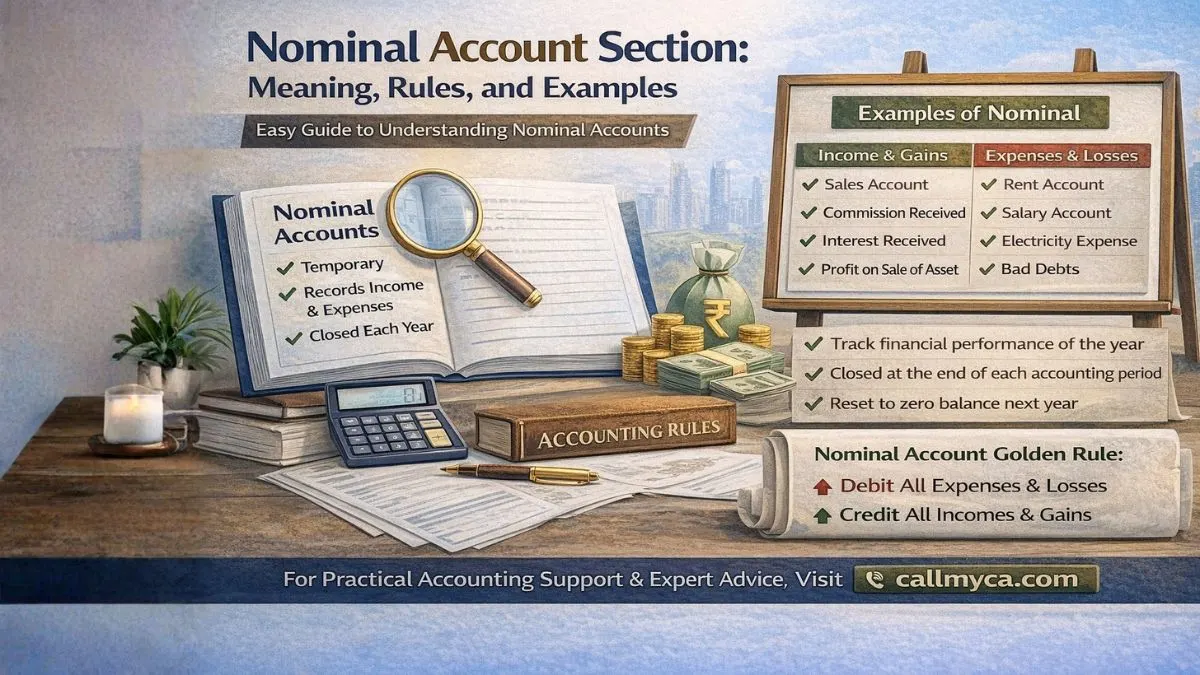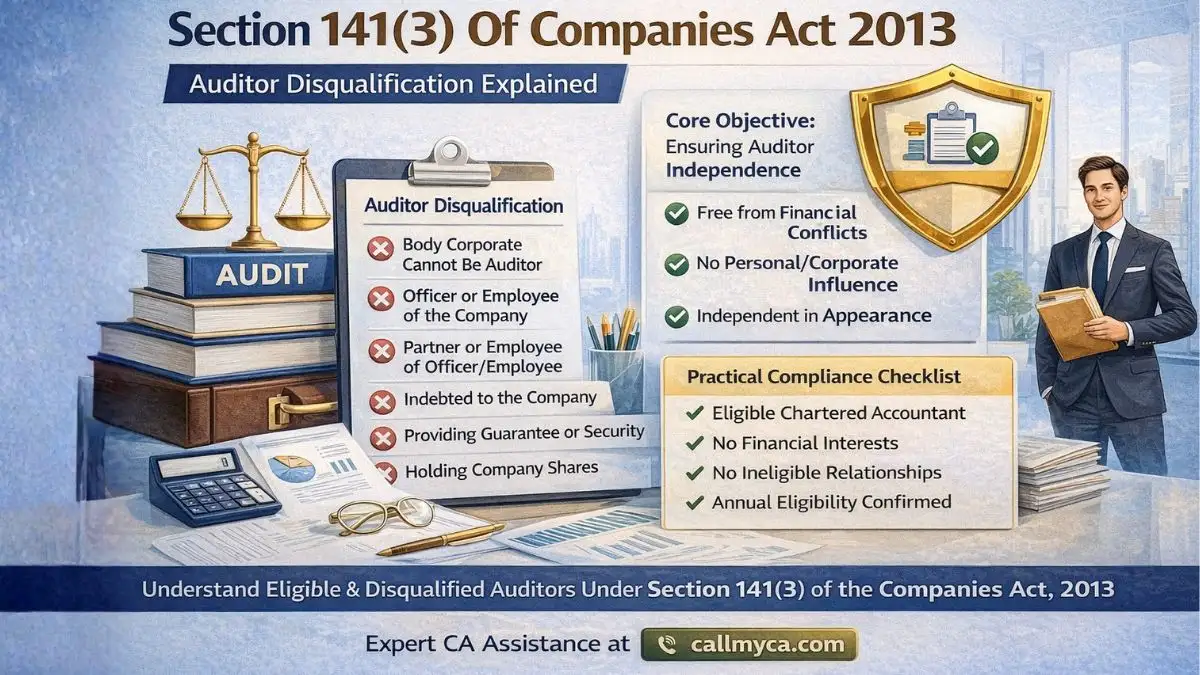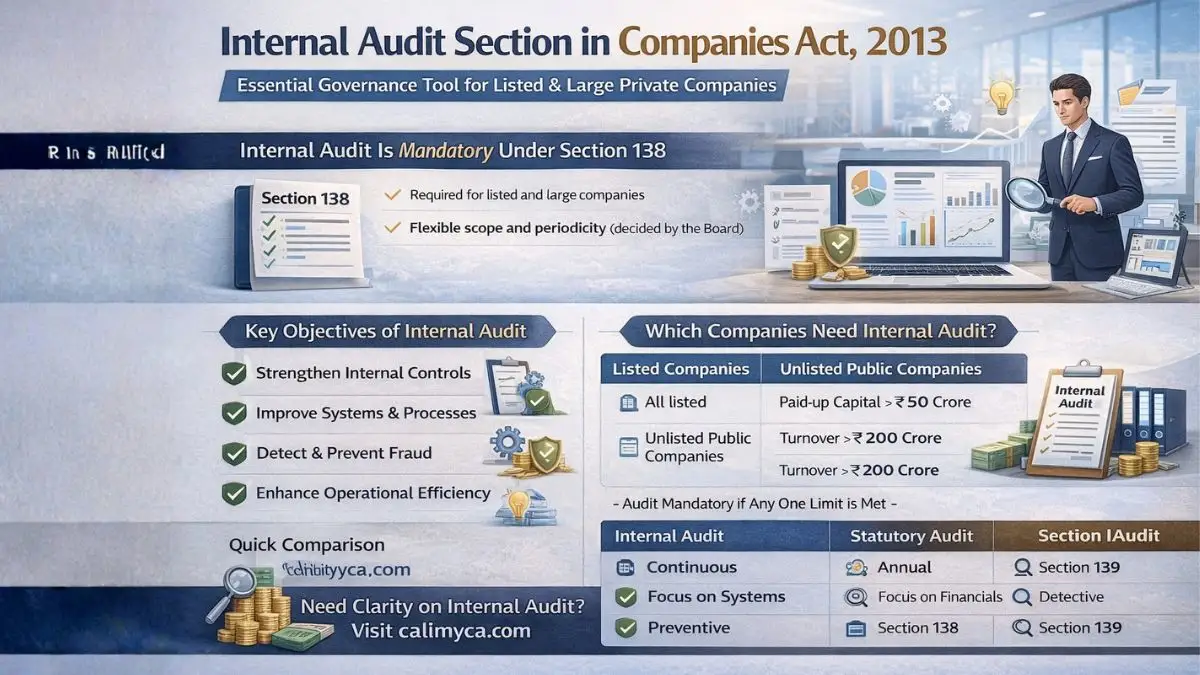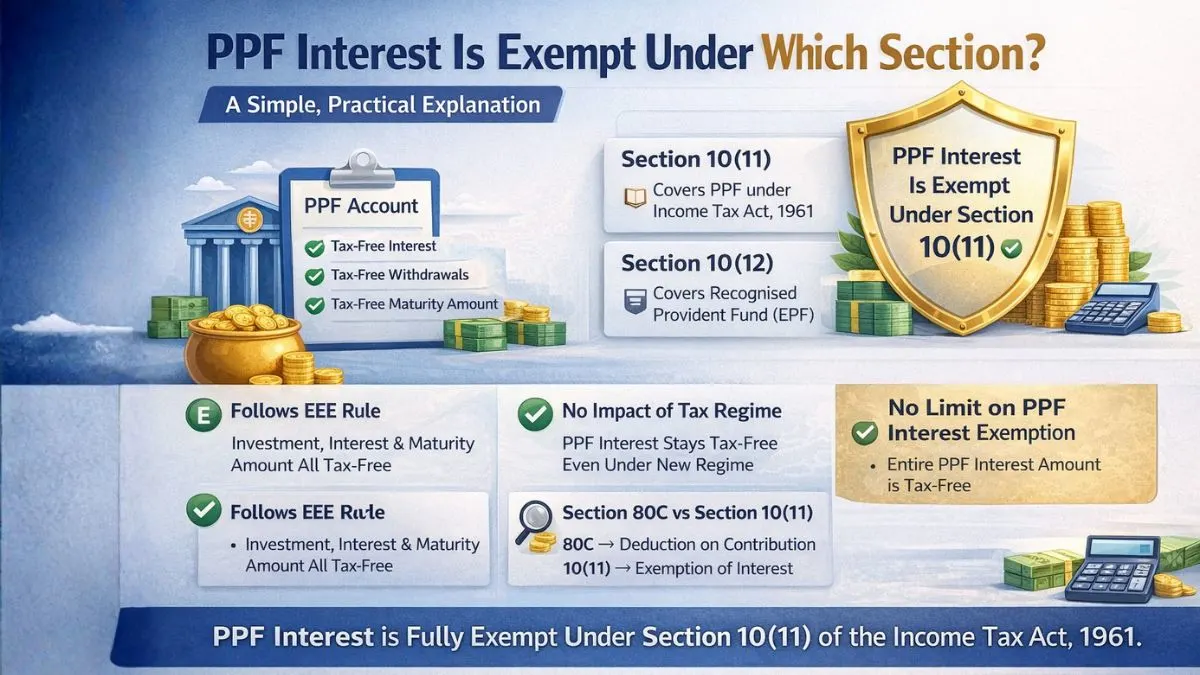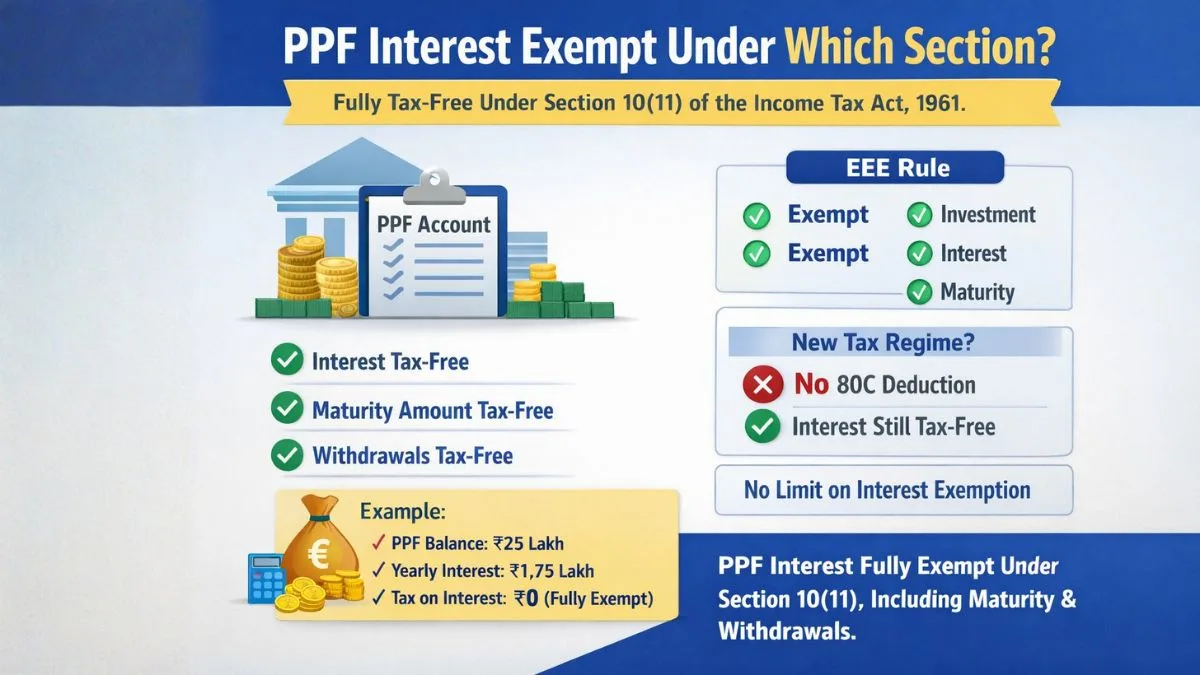
The Indian Income Tax Act, 1961 contains multiple provisions designed to grant relief to taxpayers and encourage investments in specific sectors. One such important provision is Section 10(23D) of Income Tax Act, which offers tax exemptions to particular financial institutions and entities. Broadly, this section states that the income of notified mutual funds is exempt from tax and also extends benefits to certain other entities engaged in financial intermediation.
This article explains Section 10(23D) in detail—its scope, applicability, qualifying entities, compliance conditions, and impact on investors.
What is Section 10(23D) of Income Tax Act?
Section 10(23D) was introduced to exempt the income of certain specified funds and institutions. The idea behind this exemption is to encourage the growth of collective investment vehicles such as mutual funds, which channelize retail investments into the broader economy.
The section clearly mentions that any income of a mutual fund registered under the Securities & Exchange Board of India (SEBI) Act, 1992, or such other notified institutions, shall be exempt from tax.
Why was Section 10(23D) Introduced?
Before its introduction, mutual funds and similar institutions were subject to taxation, which indirectly reduced investor returns. To remove this burden & promote savings through mutual funds, the government carved out an exemption clause.
Thus, Section 10(23D) provides an exemption from income tax for income earned by specified entities, ensuring that investors do not face double taxation—first at the fund level and then again when they receive distributions.
Also Read: Exemption on Specified Mutual Funds
Eligible Entities Under Section 10(23D)
The exemption under Section 10(23D) covers specific institutions. These include:
- Mutual Funds Registered with SEBI – Any mutual fund registered under the SEBI Act, 1992 automatically qualifies.
- Other Notified Mutual Funds – Certain mutual funds notified by the Central Government in the Official Gazette."
- Specified Institutions – Institutions such as the Unit Trust of India (UTI) that have been given explicit exemption under this section.
In simple terms, the section ensures that the income of notified mutual funds is exempt from tax, provided they meet regulatory requirements.
Scope of Exemption
The exemption under Section 10(23D) is wide-ranging. It covers:
- Interest Income earned by mutual funds.
- Dividends received on shares held.
- Capital Gains arising from the sale of securities.
- Other Income Sources like rentals, transfer charges, or any income incidental to the running of the fund.
This blanket exemption makes mutual funds more attractive to investors compared to other investment avenues.
Compliance Requirements for Mutual Funds
Although mutual funds enjoy exemption under Section 10(23D), they must comply with regulatory conditions.
- Registration with SEBI – The fund must be registered under SEBI regulations.
- Annual Filing – Mutual funds are required to file annual returns & comply with disclosure norms.
- Audit – Regular audits to ensure transparency and prevent misuse of tax exemptions.
Failure to comply may result in the withdrawal of exemption benefits.
Also Read: Tax Exemption for Educational and Medical Institutions
Impact on Investors
For investors, Section 10(23D) has significant implications:
- No Tax at Fund Level – Since mutual funds do not pay tax on their income, the net asset value (NAV) reflects higher returns.
- Taxation Shifts to Investor Level – Investors pay tax only when they withdraw profits, in the form of dividends or capital gains."
- Encourages Long-Term Investment – With exemptions at fund level, more individuals are motivated to invest in mutual funds.
In short, Section 10(23D of Income Tax Act) creates a win-win scenario where funds can operate tax-free, & investors enjoy more efficient returns.
Difference Between Section 10(23D) and Other Exemption Provisions
- Section 10(23C): Provides exemption to educational and charitable institutions.
- Section 10(23D): Provides exemption to mutual funds and specified financial institutions.
- Section 10(35): Exempts income received by investors from specified mutual fund units.
Thus, Section 10(23D) deals with institution-level exemption, while Section 10(35) relates to investor-level exemption.
Benefits of Section 10(23D)
- Promotes Investment Culture – Encourages the public to invest in mutual funds.
- Boosts Financial Markets – Greater inflow of money improves market depth & stability.
- Tax Efficiency – Prevents double taxation, leading to better investor returns.
- Encourages Transparency – Compliance conditions improve corporate governance.
Challenges and Criticisms
While Section 10(23D) has clear benefits, it also faces some challenges:
- Misuse Risks – Some funds may attempt to misuse exemption benefits.
- Tax Revenue Loss – The government foregoes revenue by exempting these entities.
- Complex Taxation for Investors – While funds are exempt, investors still face complex taxation on capital gains & dividends.
Also Read: Tax-Free Benefits from Provident Funds and Sukanya Samriddhi Account
Practical Example
Imagine an equity mutual fund earns ₹100 crore in a financial year through dividends, interest, and capital gains. Under Section 10(23D), this entire ₹100 crore is exempt from income tax.
However, when the mutual fund distributes dividends to investors, the investors themselves must pay tax according to their applicable slab rates."
This ensures that the mutual fund as an entity remains exempt from tax, while taxation shifts to the investor level.
Conclusion
Section 10(23D) of Income Tax Act plays a pivotal role in the Indian financial ecosystem. By providing an exemption from income tax for income earned by specified entities, it ensures that mutual funds remain tax-efficient vehicles for investment. The provision is designed to boost the mutual fund industry, encourage savings, and ensure higher returns for investors.
For taxpayers and institutions alike, understanding Section 10(23D) is crucial to maximize compliance & optimize investment strategies.
✅ Pro Tip: If you’re an investor, always check whether your mutual fund is registered under SEBI and falls under the scope of Section 10(23D). This ensures you’re investing in a tax-efficient instrument.
👉 Want expert help in managing tax exemptions, investments, or compliance? Visit us at Callmyca.com to connect with trusted professionals who can guide you every step of the way.

